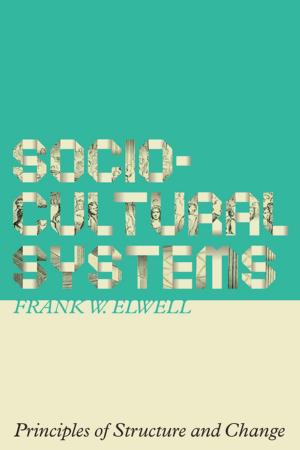Legal Literacy
An Introduction to Legal Studies
Nonfiction, Reference & Language, Law, Urban State & Local Government, Education & Teaching, Teaching, Teaching Methods| Author: | Archie Zariski | ISBN: | 9781927356463 |
| Publisher: | Athabasca University Press | Publication: | October 31, 2014 |
| Imprint: | AU Press | Language: | English |
| Author: | Archie Zariski |
| ISBN: | 9781927356463 |
| Publisher: | Athabasca University Press |
| Publication: | October 31, 2014 |
| Imprint: | AU Press |
| Language: | English |
To understand how the legal system works, students must consider the law in terms of its structures, processes, language, and modes of thought and argument—in short, they must become literate in the field. Legal Literacy fulfills this aim by providing a foundational understanding of key concepts such as legal personhood, jurisdiction, and precedent, and by introducing students to legal research and writing skills. Examples of cases, statutes, and other legal materials support these concepts. While Legal Literacy is an introductory text, it also challenges students to consider critically the system they are studying. Touching on significant socio-legal issues such as access to justice, legal jargon, and plain language, Zariski critiques common legal traditions and practices, and analyzes what it means “to think like a lawyer.” As such, the text provides a sound basis for those who wish to pursue further studies in law or legal studies as well as those seeking a better understanding of how the legal field relates to the society that it serves.
To understand how the legal system works, students must consider the law in terms of its structures, processes, language, and modes of thought and argument—in short, they must become literate in the field. Legal Literacy fulfills this aim by providing a foundational understanding of key concepts such as legal personhood, jurisdiction, and precedent, and by introducing students to legal research and writing skills. Examples of cases, statutes, and other legal materials support these concepts. While Legal Literacy is an introductory text, it also challenges students to consider critically the system they are studying. Touching on significant socio-legal issues such as access to justice, legal jargon, and plain language, Zariski critiques common legal traditions and practices, and analyzes what it means “to think like a lawyer.” As such, the text provides a sound basis for those who wish to pursue further studies in law or legal studies as well as those seeking a better understanding of how the legal field relates to the society that it serves.















